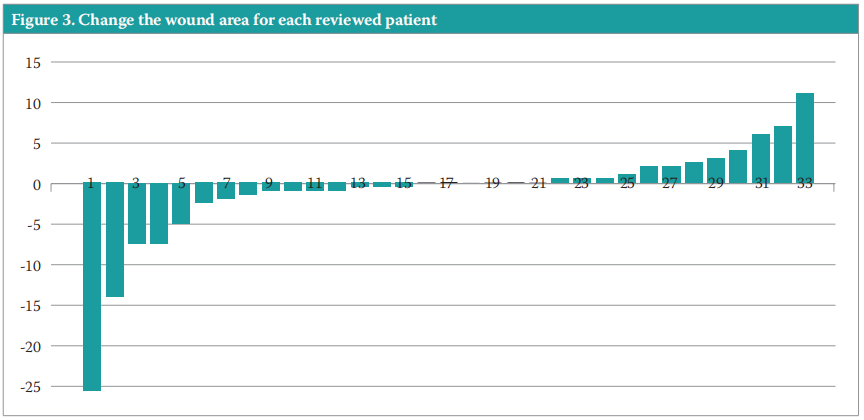"How Much Do Mortgage Loan Processors Make? Exploring Salaries, Factors, and Career Growth in the Mortgage Industry"
#### How much do mortgage loan processors make?In the ever-evolving landscape of the mortgage industry, one question that frequently arises is: **how much d……
#### How much do mortgage loan processors make?
In the ever-evolving landscape of the mortgage industry, one question that frequently arises is: **how much do mortgage loan processors make?** This inquiry is not merely about numbers; it delves into the broader context of the role and its significance within the financial sector.
Mortgage loan processors play a crucial role in the home financing process. They are responsible for gathering and verifying the necessary documentation from borrowers, ensuring that all information is accurate and complete before submitting the loan application to underwriters. Their work is pivotal in determining whether a loan will be approved or denied, making their expertise invaluable to lenders and borrowers alike.
#### Salary Overview
The salary of mortgage loan processors can vary significantly based on several factors, including geographical location, level of experience, and the size of the lending institution. On average, as of 2023, mortgage loan processors in the United States can expect to earn between **$40,000 and $70,000** per year. Entry-level positions may start around **$35,000**, while experienced processors, particularly those working in high-demand markets or for large banks, can earn upwards of **$80,000** annually.

#### Factors Influencing Salaries
Several factors influence how much mortgage loan processors make:
1. **Experience Level**: As with many professions, experience plays a significant role in salary. Entry-level processors may earn less, but with experience, they can command higher wages and potentially take on more complex cases.
2. **Location**: Geographic location significantly impacts salary. Processors in metropolitan areas with a high cost of living, such as San Francisco or New York City, typically earn more than those in rural areas.

3. **Employment Type**: Processors working for large financial institutions may have higher salaries and benefits compared to those employed by smaller companies or independent mortgage brokers.
4. **Certifications and Education**: Processors with additional certifications or degrees in finance or related fields may have a competitive edge, leading to higher salaries.
5. **Market Demand**: The demand for mortgage loan processors can fluctuate based on the housing market. During times of economic growth and low-interest rates, demand for processors increases, potentially driving up salaries.
#### Career Growth Opportunities

The career path for mortgage loan processors can be quite promising. Many processors eventually transition into underwriting or loan officer positions, which typically offer higher salaries and more responsibilities. Additionally, processors can enhance their skills through continuing education and professional development, further increasing their earning potential.
#### Conclusion
Understanding **how much mortgage loan processors make** is essential for anyone considering a career in this field. While the salary can vary widely based on various factors, the role itself is integral to the mortgage process and offers numerous opportunities for growth and advancement. As the housing market continues to evolve, so too will the demand for skilled mortgage loan processors, making it a viable career choice for many. Whether you are just starting or looking to advance in your career, the mortgage industry holds significant potential for financial stability and professional fulfillment.